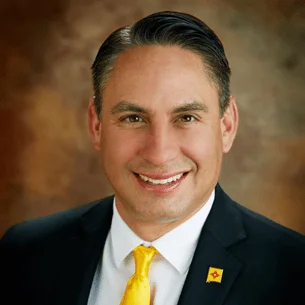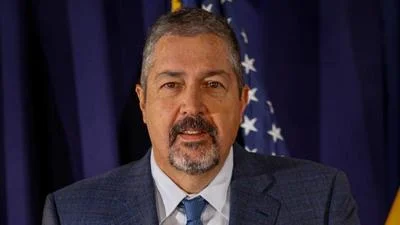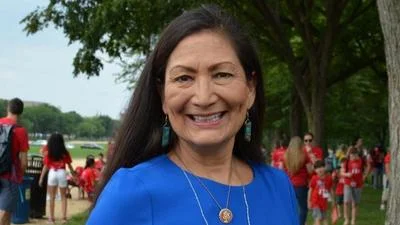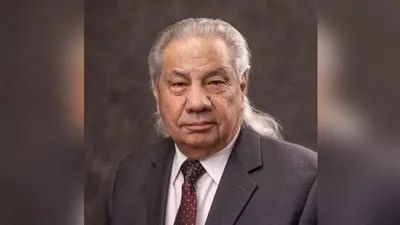On June 2, 1924, the Indian Citizenship Act was enacted, granting U.S. citizenship to Native people. This act marked a significant milestone but did not ensure the right to vote for Native citizens—a right still contested today.
Recently, more than a century after the Act's passage, the Spirit Lake Tribe, Turtle Mountain Band of Chippewa, and individual Native voters submitted a petition urging the full Eighth Circuit Court of Appeals to overturn a decision that could undermine Native voting rights.
The case in question, Turtle Mountain Chippewa v. Howe, originates from a federal court victory in 2022 when Native voters contested North Dakota’s legislative maps for reducing their political influence. This victory resulted in the election of the first Spirit Lake Tribal citizen to the state legislature. However, an Eighth Circuit panel later ruled that voters no longer have the right to file lawsuits under Section 2 of the Voting Rights Act—a key provision historically used to challenge racially discriminatory voting laws.
If this ruling is upheld, it would limit Native voices in North Dakota and across seven states by allowing only the U.S. Department of Justice to initiate such lawsuits at a time when its Civil Rights Division faces funding cuts.
The impact on Native communities is direct and profound. "We fought hard for fair maps," said Turtle Mountain Chairman Jamie Azure. "When the state draws unlawful districts, courts must step in—not turn their backs."
Plaintiffs including Wes Davis, Colette Brown, and Zachery King emphasize that this issue transcends legal technicalities; it poses an existential threat to Native political power.
This situation reflects ongoing systemic suppression dating back from 1924 to 2025—a century where promises were often unfulfilled. The Indian Citizenship Act provided Native people with formal recognition but cases like this demonstrate how frequently their representation is undermined.
As we commemorate the anniversary of the Indian Citizenship Act, it's crucial to recognize that the struggle for Native rights—particularly voting rights—is ongoing.
For those interested in supporting Native voting rights or learning more about these issues, resources are available at vote.narf.org. The ability of Native people to participate in nontribal elections is vital as these outcomes affect Tribal communities significantly. Representation remains essential.









